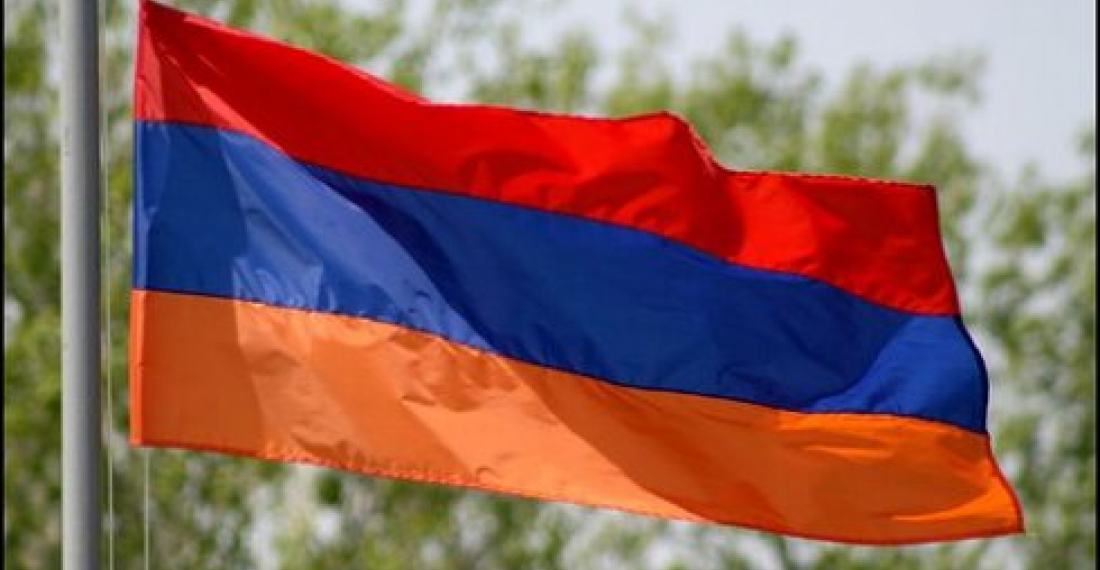Armenian Ministry sources, and sources in the self-declared nagorno-Karabakh Republic say the situation on the line of contact and on the international border is generally calm
Armenian sources have dismissed Azerbaijani claims of serious cease fire violations on the line of contact, and say that the situation is generally calm. Armenian media, quoting Davit Babayan, spokesperson of the self-declared nagorno Karabakh Republic and Artsrun Hovhannisyan, spokesman of the Armenian defense ministry, said that the same goes for the situation on the international border between Armenia and Azerbaijan.
Davit Babayan was also quoted as saying that "Azerbaijan's elite is outlining insidious and provocative steps. That's why they initially work in the information field, prepare grounds by claiming that Armenians have violated the ceasefire regime, and they are the ones who open fire. During the latest Putin-Aliyev meeting, the stance that the issue must be solved through a peaceful way was clearly reaffirmed. That's why, Azerbaijan is trying to make provocations to calm down its own ignored dignity to some extent, understanding that the international community opposes military operations, and also understanding that it is unable to settle the issue by force",
On Wednesday morning Azerbaijan Foreign and Defence Ministries issued a joint statement claiming that "intensive violation of the ceasefire regime by Armenian armed forces with heavy weapons and armed provocations along the contact line of troops and the Armenia-Azerbaijan state border are continuing". "Armenian armed forces are deliberately and systematically targeting Azerbaijani army positions, as well as civilians and civil facilities in residential areas".
read more about the Azerbaijani statement here
source: commonspace.eu with armenpress.







